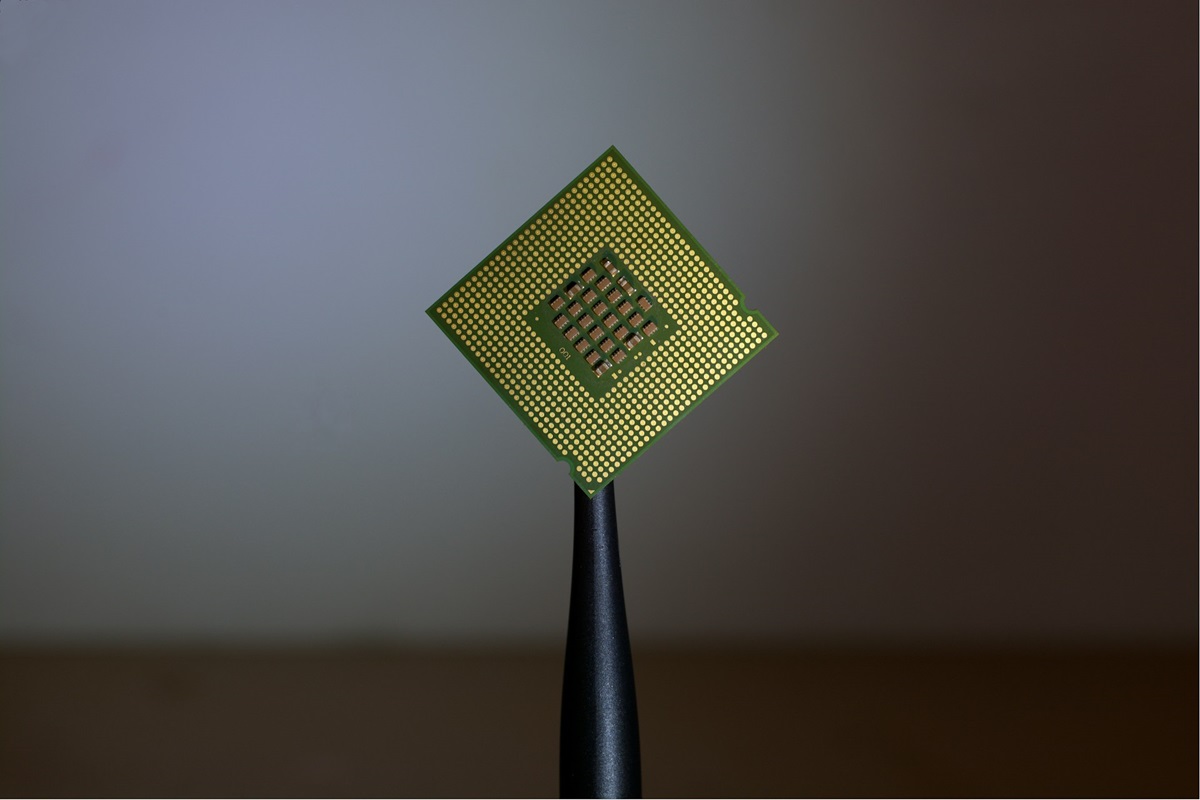Last Monday, January 13, the United States government announced the continuation of its efforts to expand restrictions on the export of artificial intelligence chips and technologies.

It is worth noting that in this case, there is something like an attempt to carry out a kind of fragmentation of the world based on the principle of forming geographical zones where advanced technologies can be used both digitally and in the material dimension, and where the appropriate access should be banned. As it was underlined by the media, the United States strives to keep the newest computing power on its territory and among its allies. In a more specific sense, this move implies that Washington and other world capitals that are its partners will not ship their advanced technologies, including in the form of mass-produced products made on an appropriate basis, to certain countries. Also, as part of an effort to expand export restrictions, the United States is looking for new ways to block China’s access to next-generation technologies. It is worth mentioning that the US has already limited shipments of advanced chips and equipment for the manufacturing of microcircuits of the appropriate category to the Asian country. As part of the retaliatory measures, China has banned the export of several minerals to the United States. Washington is now seeking to expand restrictive practices. It is highly likely that Beijing will take retaliatory measures in response to the decisions planned by the United States after its implementation in the plane of practical actions.
New regulations currently being considered by Washington will cap the number of artificial intelligence chips that can be shipped to some countries. In this case, it also provided unlimited access to US machine intelligence technologies for the United States’ closest allies.
The new rules unveiled in the final days of the outgoing administration of US President Joe Biden do not only concern the regulation of exports to China. In this case, there is a more global goal, which is to help the United States maintain its dominant status in the area of machine intelligence by controlling it around the world.
US Commerce Secretary Gina Raimondo stated that the country is currently leading both in the development of artificial intelligence and the elaborating of AI chips. She also noted that it is very important that the United States keeps it that way.
The new regulations cap is a four-year effort by the Joe Biden administration to limit China’s access to advanced chips. Washington has repeatedly stated that the relevant measures are aimed at ensuring national security since Beijing can use microcircuits to strengthen its military capabilities. At the same time, in this case, there is a desire to maintain the leadership of the United States in the artificial intelligence industry by closing loopholes and adding new guard rails to control the flow of chips and the global development of AI.
So far, there is no answer to the question of how the new administration of US President-elect Donald Trump will enforce the new rules. At the same time, it is already obvious that both administrations equally estimate the threats of competition from China both at the level of theoretical perception of the relevant issue and in the context of comprehension regarding which concept of practical actions should be applied in respect of the mentioned circumstance of the current configuration of global geo-economic reality. The regulations are set to take effect 120 days after publication. During the mentioned period, the Donald Trump administration will have time for reflection on the new rules.
New constraints will be placed on advanced graphics processing units (GPUs), which are used to power data centers needed to train artificial intelligence models. Currently, Nvidia is the main developer of GPUs. This company, based in Santa Clara, California, is one of the main beneficiaries of the so-called artificial intelligence boom. Last year, Nvidia’s market capitalization crossed the historical mark of $3 trillion. The company has become one of the most valuable in the world. At the same time, artificial intelligence chips are also sold by Advanced Micro Devices (AMD), headquartered in Santa Clara and maintains significant operations in Austin, Texas.
The new rules stipulate that major cloud service providers such as Microsoft, Amazon, and Google will be able to seek global authorizations to build data centers. The regulations exempt the mentioned companies’ projects from the country of quotas for artificial intelligence chips.
It’s worth noting that many industry representatives reacted negatively to the new rules, which will significantly change the landscape for AI microcircuits and data centers around the world. Nvidia described Washington’s initiative as sweeping overreach. The company said the White House will clamp down on the technology, which is already available on mainstream gaming personal computers and consumer hardware.
Also this month, data center provider Oracle noted that the new rules would hand a large part of the global artificial intelligence and graphics processing units market to Chinese competitors.
The regulations impose worldwide licensing requirements for certain chips and set control over the so-called model weights of the most advanced closed-weight machine intelligence models. Model weights help determine decision-making in machine learning, and are generally the most valuable elements of an artificial intelligence model.
The regulations provide for three groups of countries in terms of access to technology. One of the groups is actually outside the scope of the rules and does not face any restrictive measures. In this case, it means about 18 countries, including the United Kingdom, Japan, South Korea, and the Netherlands. It’s worth noting that it is the Dutch companies ASML and ASM International are the world’s largest manufacturers of equipment for making chips. Another group of states will face country caps. The relevant measures apply to about 120 countries, including Saudi Arabia, the United Arab Emirates, Israel, and Singapore. At the same time, arms-embargoed states such as Iran, Russia, and China will be completely banned from receiving the technology. This is the third group of countries where the most stringent measures have been imposed.
US National Security Adviser Jake Sullivan stated that the United States has to be prepared for rapid increases in artificial intelligence capability in the coming years, which could have a transformative impact on the country’s economy and national security.
Currently, it is obvious that AI is gradually becoming a kind of space of competition between countries. Artificial intelligence has huge potential. AI can become a new means of production, which will automatically make it an important economic factor on a global level. Futurological forecasts also provide for the probability that at a certain point in its technological evolution, artificial intelligence will transform into an independent form of consciousness capable of autonomous development and surpassing the human mind in terms of cognitive abilities. The corresponding prospects signal that the race for AI between countries, which has political and economic aspects, is likely to not only continue but also intensify.









